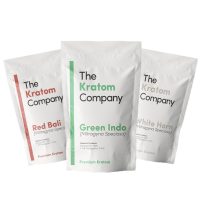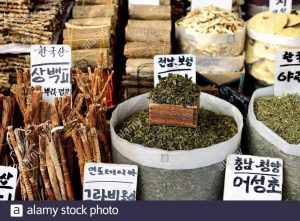Home » How to Talk about Kratom

How to Talk about Kratom
- Anthony Dent, Founding Member
- No Comments
Understanding the linguistics of kratom, and why.
Linguistics are, perhaps, the most fascinating study around.
We think in words. Therefore, words are our thoughts. Without them, there’d be little to separate us from the creatures of the earth.
The words we know dictate our thoughts. And our thoughts dictate our reality.
So I can’t help but consider the way we talk about kratom, and why. There is specific language we use, and there are reasons we try to talk that way – or are compelled to do so.
So.Let’s talk.
The Language of Kratom
When you read about kratom, you’ve probably noticed some trends.
Some words and phrases are used often – words like ‘anecdote’, or ‘users report.’
And other words are taboo; words like ‘cure’ and ‘heal’.
Now, we can acknowledge the specifies of legality and morality when we examine why words and phrases are used or avoided.
It would be wrong to claim kratom is a cure for anything – it isn’t, or hasn’t been proven to be yet. And yet, in some sense, a colloquial saying of “Kratom cured my pain” may make sense, in some context. Yet we avoid the word altogether. Why?
Anyone on the kratom community understands the scrutiny we face. It was just 5 years ago when the FDA tried their hardest to destroy kratom in America, and take away something that many claim has improved their life. The same people who pushed the 60’s ‘reefer madness’ nonsense about cannabis are the same people who, today, claim kratom is some terrible drug being used to turn our teens into satan worshipers.
Think back to the idea of linguistics; The language we use dictates the way we as individuals and as a society perceive kratom. So it is important that we use words that direct our thinking in ways that support what we, the kratom community, want the message about kratom to be: That kratom has the ability to improve peoples lives.
Trends and Buzzwords
You’ll see commonalities around the discussions of kratom, certain keywords and phrases that are repeated and emphasized.
“Potential.” “Medicinal.” “Compassionate.”
These are common words in the kratom lexicon. By means of repetition and precision, they create the foundation of the message behind the intent of the kratom community.
Conversely, anyone who has read the blog knows how distraught we here at TKC are that a small, dangerous group of vendors market kratom as a ‘drug’, or a ‘legal high’. Not only is this extremely disrespectful to the people who use kratom medicinally, and damaging to the entire effort we undergo to provide information to people who may choose to begin using kratom to improve their own lives, but it is inaccurate.
And yet, it only needs to be said once – “kratom is a drug” – for some people to latch onto the idea and forever discriminate against kratom.
This is the reason we plead with individuals to boycott any vendor who markets kratom products as a ‘legal high’, or anything of the like. It undermines the mission of the community and threatens to take kratom away from people who truly need it.
But it’s just as important that we boycott any vendors who claim kratom is a cure for any disease. This is just dangerous. Kratom has never been shown to cure anything. And if somebody, perhaps desperate for a reprieve from their illness, stops taking their prescribed medication and starts taking kratom and notices that “Hey, kratom makes me feel better” – this may confuse them as to the difference between relieving symptoms and curing a disease. Kratom can relieve symptoms, according to many anecdotal reports and some not-yet-completed studies. Kratom cannot cure a disease.
Whaddaya say?
I hope this piece has helped us better understand the importance of why we need to speak a certain way about kratom.
It’s important legally, morally, and culturally, to be precise, accurate, and truthful when discussing kratom. It takes very little effort.
Kratom doesn’t need to be exaggerated. We don’t need to claim that kratom is the wonderdrug of human kind and it can do everything for everyone. In its current applications, kratom is remarkable enough; its potential to combat the opiate epidemic; the many people who say it has helped them manage pain, or better sleep; and the countless others who simply choose to use kratom because it helps them for whatever reason they deem necesarry.
So let’s all make an effort to be careful when we talk about kratom. If we speak with someone who agrees with us, let’s keep things measured and remain open to criticisms of kratom or the community. If we speak with someone who doesn’t understand kratom, let’s remain patient and calm and try to focus on the compassionate aspects, while leaning on the science and exact, precise language.
Remember, the pen is mightier than the sword; but they forget to mention that the spoken word rules all.
Peace and Love,
AW
Featured Products
-
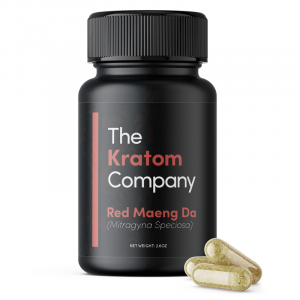 From $24.00Select options This product has multiple variants. The options may be chosen on the product page
From $24.00Select options This product has multiple variants. The options may be chosen on the product page -
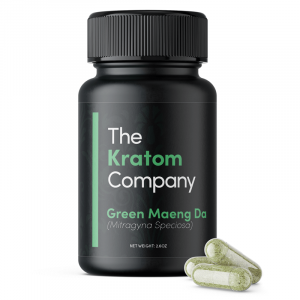 From $24.00Select options This product has multiple variants. The options may be chosen on the product page
From $24.00Select options This product has multiple variants. The options may be chosen on the product page -
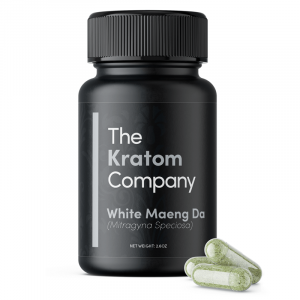 From $24.00Select options This product has multiple variants. The options may be chosen on the product page
From $24.00Select options This product has multiple variants. The options may be chosen on the product page
Explore More Posts
Product Search
Featured Products
-
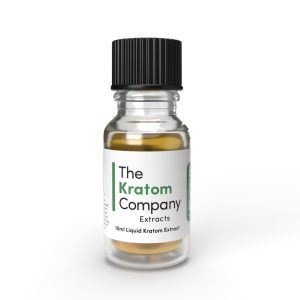 Pure Kratom Liquid Extract
Rated 4.72 out of 5From $20.00
Pure Kratom Liquid Extract
Rated 4.72 out of 5From $20.00 -
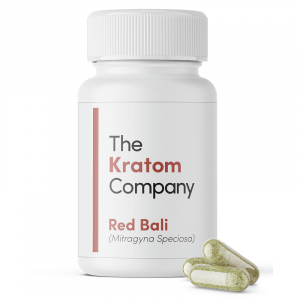 Red Vein Bali Kratom Capsules
Rated 4.70 out of 5From $24.00
Red Vein Bali Kratom Capsules
Rated 4.70 out of 5From $24.00 -
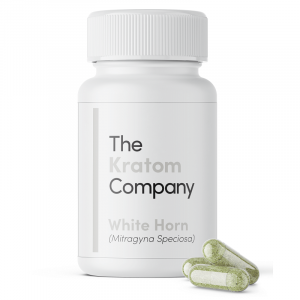 White Horn Kratom Capsules
Rated 4.88 out of 5From $24.00
White Horn Kratom Capsules
Rated 4.88 out of 5From $24.00
Follow Us
Strains
Blogs
NEWSLETTER
Sign up for our newsletter!

These statements and products presented on this website have not been evaluated by the Food and Drug Administration FDA. The products mentioned on this website are not intended to diagnose, prevent, treat or cure any diseases or health conditions. Therefore any information on this website is presented solely as the opinions of their respective authors who do not claim in any way shape or form to be medical professionals providing medical advice. The KRTM Company and its owners or employees cannot be held responsible for, and will not be liable for the inaccuracy or application of any information whatsoever herein provided. By purchasing our products you agree that you are aware and in compliance with your local county, state, or federal regulations. Must be 21 years or older to purchase Kratom. The US FDA has not approved kratom as a dietary supplement. We do not ship to the following states, cities and counties in the US where Kratom is banned: Alabama, Arkansas, Indiana, Rhode Island, Vermont, Wisconsin, Sarasota County, FL, Union County, MS, Denver, CO, San Diego, CA, and Jerseyville, IL.

